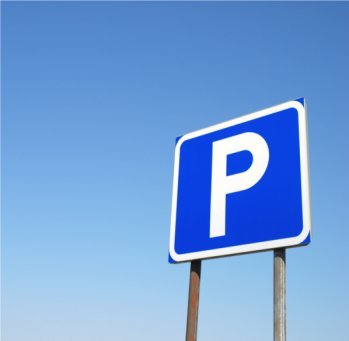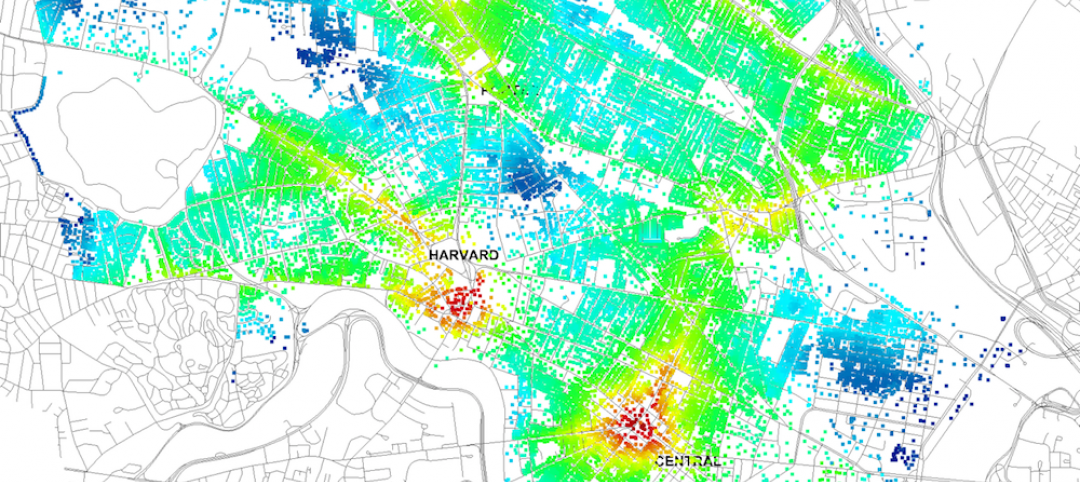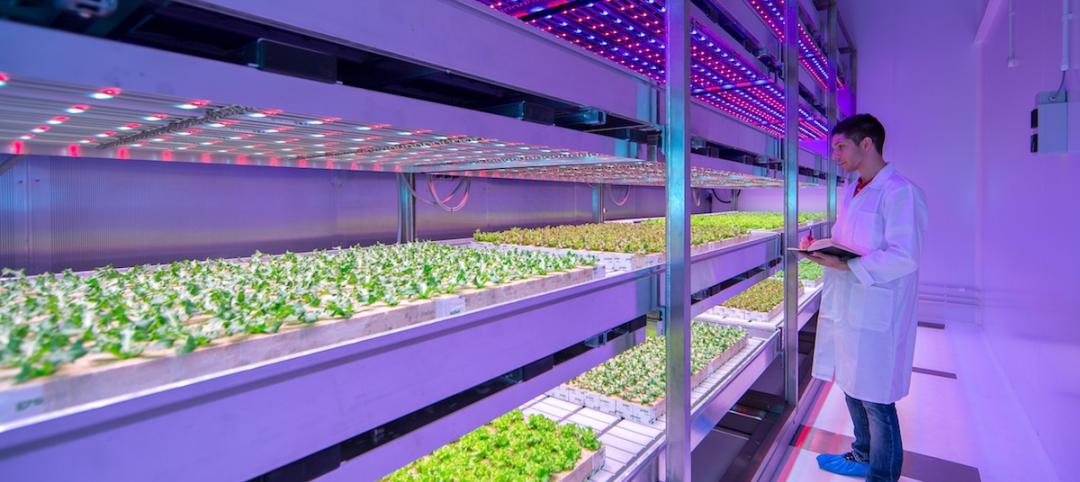According to the results of an industry-wide survey conducted by the International Parking Institute, increased demand for technology-related innovations account for half of the top ten trends in today's $30 billion parking industry. Among them, cashless, electronic, and automatic payment systems; real-time information about parking rates and availability via mobile apps; and wireless sensing devices for improved traffic management.
"Parking is all about mobility and connectivity," said Casey Jones, CAPP, chairman of the International Parking Institute (IPI), the world's largest association representing parking professionals and the parking industry. Jones shared results of the 2012 Emerging Trends in Parking Survey at the IPI Conference & Expo in Phoenix, Ariz. this week where more than 2,500 attendees, 220 exhibitors, and parking pros from 25 countries convened.
Jones says survey results reflect the demand for technology, sustainability, revenue-generation, and customer service that are converging to earn the industry new respect from Wall Street, Silicon Valley, and every drivable place in between, as forward-thinking planners come to the realization that parking matters to the design of more walkable, livable communities and to broader transportation issues.
More than one-third of those surveyed see the demand for green or sustainable solutions as a top trend affecting the parking profession. It is estimated that about 30% of the cars circling a city at any given time are doing so as drivers look for parking. Aside from the frustration factor, those cars are creating traffic congestion, viewed by survey respondents as being the single most significant societal change affecting the parking industry. From an environmental standpoint, that translates to incalculable amounts of wasted fuel and carbon emissions.
According to respondents, the number one strategy for making parking more sustainable is energy-efficient lighting, followed by parking space guidance systems that aid in finding parking faster, encouraging alternative travel, automated payment processes, solar panels, renewable energy technology, and accommodating electric vehicles.
An increased focus on customer service is another significant trend cited.
"Parking professionals are continually striving to make the parking experience better," says IPI Executive Director Shawn Conrad, CAE. He explains that the parking industry has expanded to serve cyclists, those who car-share, those en route to shuttle buses or light rail, and even pedestrians who benefit from parking facilities that serve as mobility connectors.
A chief problem seen by survey respondents is one those in the parking profession are working hard to correct: decision makers need to consult parking experts earlier in the planning process to prevent a myriad of design issues and other problems later on. When surveyed about the most common avoidable mistakes, respondents cited such issues as "lack of vision to invest in mass transit systems to handle large movements of people," "inefficient layout and poor aesthetics," "failure to think about parking in the planning stages," and "overlooking important issues such as water and power sources, snow removal, entry/exit functionality, and how and by whom the facility will be used."
Survey results showed a dead heat between urban planners, local government officials, and architects as those who most need to better understand parking and all its complexities.
When asked where parking would best fit as a course of study at an academic institution, nearly half of respondents suggested that parking should become part of the curriculum at schools for urban planners. Runners-up were schools where business and public policy is taught.
The 2012 Emerging Trends in Parking Survey was conducted in May 2012 among parking professionals by the International Parking Institute (IPI) and released at IPI's Conference & Expo. Results were tabulated and analyzed by the Washington, D.C.-based Market Research Bureau. A complete report is available at www.parking.org. +
Related Stories
Sports and Recreational Facilities | Jul 17, 2015
Japan scraps Zaha Hadid's Tokyo Olympic Stadium project
The rising price tag was one of the downfalls of the 70-meter-tall, 290,000-sm stadium. In 2014, the cost of the project was 163 billion yen, but that rose to 252 billion yen this year.
Cultural Facilities | Jul 16, 2015
Louisville group plans to build world's largest disco ball
The sphere would more than double the size of the current record holder.
Education Facilities | Jul 14, 2015
Chile selects architects for Subantarctic research center
Promoting ecological tourism is one of this facility’s goals
BIM and Information Technology | Jul 14, 2015
New city-modeling software quantifies the movement of urban dwellers
UNA for Rhino 3D helps determine the impact that urban design can have on where pedestrians go.
Industrial Facilities | Jul 14, 2015
Tesla may seek to double size of Gigafactory in Nevada
Tesla Motors purchased an additional 1,200 acres next to the Gigafactory and is looking to buy an additional 350 acres.
BIM and Information Technology | Jul 14, 2015
Nation’s first 'drone park' breaks ground in North Dakota
This is one of six testing sites around the country that are developing flight standards and evaluating the utility of drones for different tasks.
Sponsored | Building Team | Jul 10, 2015
Are you the wrong type of ‘engaged’ leader?
Much of what’s written about employee engagement focuses on how leaders can help their employees become more involved at work. But what about the leaders themselves?
Architects | Jul 9, 2015
NCARB: Record number of aspiring architects on path toward licensure
More than 37,170 design professionals either reported hours through the Intern Development Program or tested for the Architect Registration Examination last year, according to a new NCARB report.
Architects | Jul 7, 2015
Why AEC firms should be cultivating 'visible experts'
A new study pinpoints the true dollar value of having knowledge leaders and market shapers on your team.
Green | Jul 7, 2015
Philips sheds new light on growing fresh food indoors
A research center in The Netherlands is testing the latest techniques in urban farming.
















